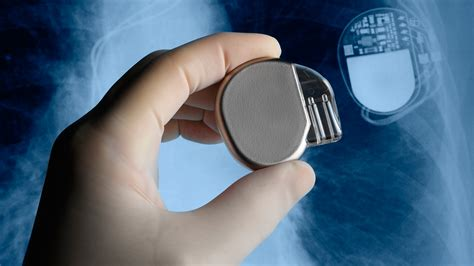Nowadays computers have become a vital part of many industries and sectors.
Embedded Systems
Smart Cards
One very common application of embedded systems which almost everyone uses nowadays are smart cards.

Smart cards are very small plastic cards with an embedded microchip that can store and process data, and in the case of contactless cards: a small antenna.
To retain portability and ease of use, they don’t require to be internally powered to function, instead they wirelessly receive power from a card readers RF field.
Applications of smart cards
They’re used in the following industries:
- Banking
- In the form of credit/debit cards, which has now made physical cash redundant.
- Healthcare
- In the healthcare industry, smartcards can be used to login to software and assign user access permissions based on the role the individual carries.
- Education
- In the education sector & schools, smart cards ensure the school’s security by preventing outsiders from entering the school.
- User access rules can again be applied so that for example students can only unlock classroom door’s for their subjects only, and not others.
Reason for using an embedded system
An embedded system architecture was chosen for smart cards as it’s necessary for them to remain thin & portable.
Single Board Computers
SBC’s (single board computers) are another example of embedded systems. They’re very small, energy efficient, and low maintenance computers (as having fewer parts leads to less points of failure).

The raspberry pi foundation is one of the major companies producing these sbc’s, producing models of the raspberry pi ranging from the zero to the raspberry pi 5.
Due to their simplicity in design, mass producing them is very cheap and efficient. As a result they were priced at only £4 at launch, making them incredibly cheap compared to other computer systems.
Applications of sbc’s
They’re commonly used in IOT devices such as:
- Routers
- Smart Camera’s
- Smart Bulbs
- Robotics, they’re often used as the control unit for robots, drones and autonomous vehicles.
Reason for using an embedded system
An embedded system architecture was chosen for sbc’s as it’s necessary for them to remain low cost, low maintenance, portable and energy efficient. These features are only available in specialised embedded systems, and not other general purpose computer system types.
Pacemakers

Pacemakers are a critical medical device used to regulate abnormal heart rhythms by sending electrical impulses to the heart muscle.
Reason for using an embedded system
It is critical for pacemakers to use an embedded system architecture for many reasons:
- Pacemakers rely on real time processing, in order to maintain a very high level of precision and instantaneous response time.
- Real time operating systems are often unable to run on other general purpose computer system types, due to varying latencies in the wide range of hardware they have.
- It is critical that they remain low maintenance
- Energy efficiency is crucial, as replacing the pacemakers battery would require surgery on the patient.
- The pacemaker needs to be small in size and lightweight to impact the patient as little as possible in their day to day life.
Tablets
Tablets are portable touchscreen devices that offer mobility and ease of use.

Applications of tablets
- Tablets are widely used in retail
-
In Currys PC World every employee is given a tablet which they carry out at all times.
They allow for seamless communication and access to essential information while on the sales floor or assisting customers.
They can be used for checking inventory, processing transactions, or providing product recommendations based on customer preferences.
-
- Tablets are also used in the healthcare industry for quickly looking up patient records and data
Reason for using tablets over other computer systems
Tablets are useful in these scenarios as they’re able to provide a user friendly touchscreen experience, whilst being a thin & light portable device.
